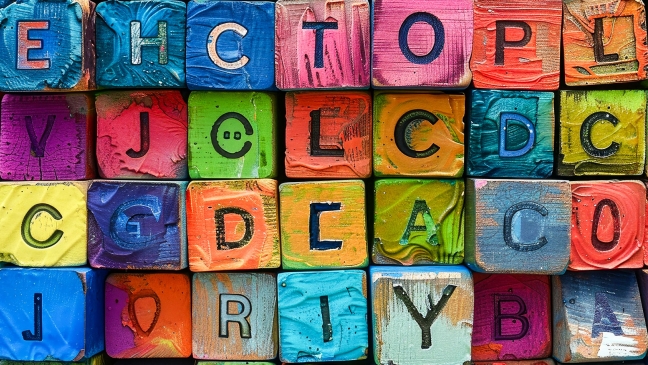What if one of the apparent solutions to our special educational needs crisis is actually part of the problem?
Compared with previous decades of education, we now do much a better job of identifying the specific needs of students, and this is broadly considered to be a good thing. The number of young people with education, health and care plans (EHCPs) increased by 11.6 per cent between 2023 and 2024 (to 434,000), and it has risen by 83.4 per cent since 2016.
It is understandable that parents of children who are struggling with aspects of education can find it an immense relief to secure extra support for their child.
I know many parents who have read with their child daily, having bought or borrowed books, but still found that they struggled with reading. A dyslexia diagnosis can help to ease any concern that they have somehow done something wrong or missed a step for their child.
More from Alex Quigley:
But we need to be cautious about the stigma of special educational needs and disabilities (SEND) labels. Research shows that children labelled as dyslexic have less belief in their ability in English and maths than their matched peers without this label. The same research also shows that teachers and parents can lower their expectations and belief in the potential capabilities of those learners labelled with dyslexia.
And this problem is not isolated to dyslexia. Recent research indicates that the label of ADHD can bring similarly lowered expectations.
A SEND label begins to highlight a pattern of behaviours to educators, whether they pick up on this consciously or not, and this spotlight can be both positive and negative.
Our focus may be skewed in subtle ways. If we worry that a child will struggle with spelling because of a dyslexia diagnosis, for example, we may focus too much on this area at the expense of other writing development areas.
Integrating inclusion
Crucially, teachers need support in understanding specific barriers to learning - and what to do about them - rather than just understanding what is meant by the labels. SEND is not an additional or separate issue: it is integral to considerations about teaching and learning.
For example, when it comes to an ADD or ADHD diagnosis, teachers need to know about common symptoms, but their training support should focus mostly on understanding the implications for skills such as reading, and on using strategies like scaffolding and chunking extended tasks for specific students who may struggle with sustained focus.
Shifting subtle stereotypes and assumptions about SEND and teaching and learning is difficult work, so support for teachers needs to be expert, evidence-based and sustained.
While there is little sign that the issues with the SEND system will be resolved quickly, everyone in education, along with parents and families, needs to consider the double-edged sword of acquiring a SEND designation.
Ultimately, we need sensitive, carefully plotted change to support students and teachers to address the potential stigma of SEND labels.
Alex Quigley is the author of Why Learning Fails (And What To Do About It)






